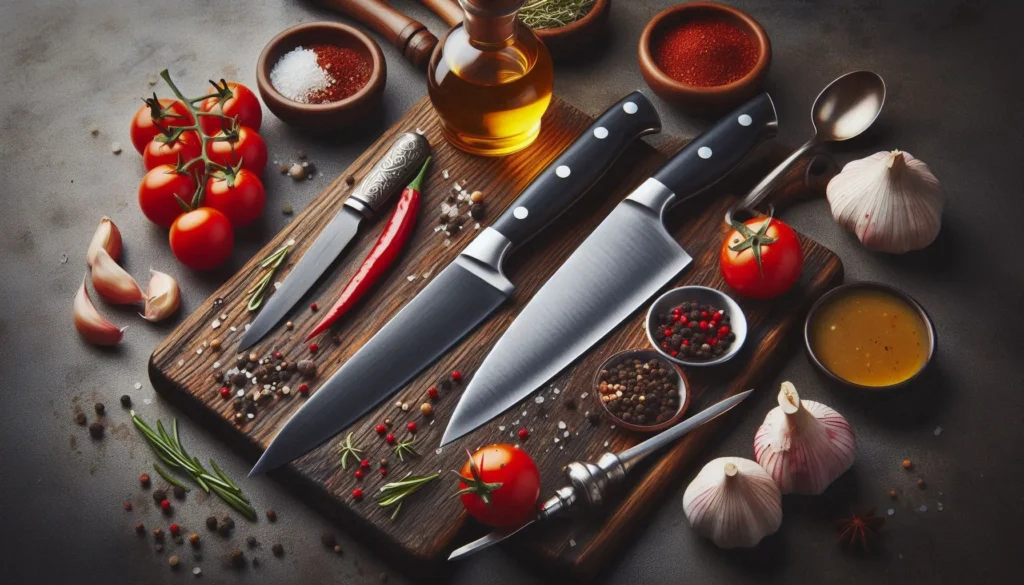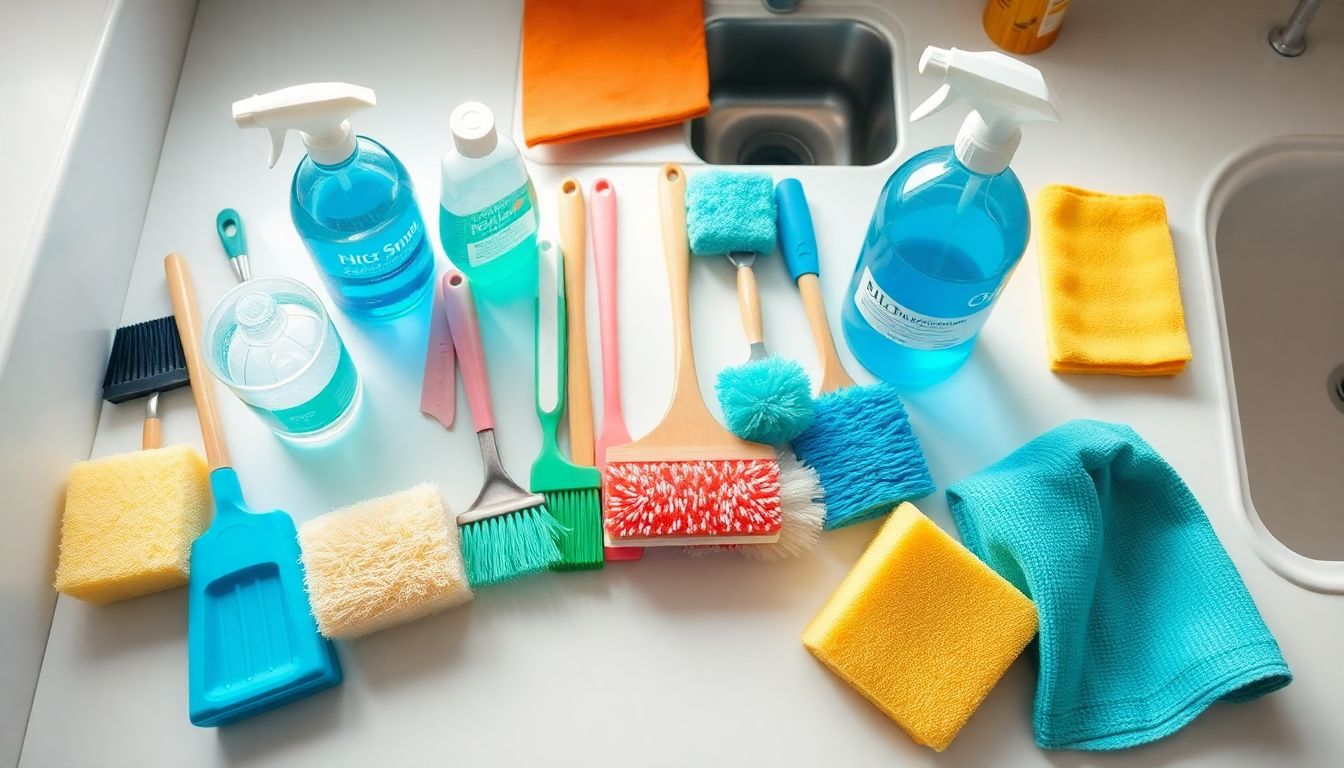
This post may include affiliate links. If you purchase through these links, I may earn a small commission at no additional cost to you.
Imagine this: you’ve just whipped up a delicious meal, but now you’re staring at a cluttered kitchen filled with dirty dishes, greasy counters, and crumbs everywhere. Cleaning feels overwhelming, right? Effective kitchen cleaning tools can turn that daunting task into a breeze. Keeping your kitchen clean is vital for health, helping to prevent foodborne illness and ensuring a safe cooking area. With the right tools, you can maintain a sparkling and hygienic kitchen space.
Transform your dining room and kitchen! Dive into our guide on Discover the World of Specialty Kitchen Cookware to find unique tools that elevate your culinary creations.
Sponges, Cloths, and Scrubbers: The Foundation of Kitchen Cleaning
Cleaning starts with the basics—sponges, cloths, and scrubbers.
Types of Sponges
- Cellulose Sponges: Great for general cleaning due to their absorbency and softness.
- Melamine Sponges: Known as “magic erasers,” they tackle tough stains and grime.
Statistics show that sponges harbor bacteria. It is advised that they be replaced every two weeks to maintain hygiene.
Microfiber Cloths vs. Cotton Cloths
Microfiber cloths are superior in absorption, durability, and trapping dust compared to traditional cotton cloths. They can last for hundreds of washes without losing effectiveness.
Best Scrubbers for Various Surfaces
Different surfaces need different scrubbers. For instance, a soft scrubber works well for nonstick pans to prevent scratching. Consider using the OXO Good Grips Non-Stick Scrubber, a safe choice for delicate cookware.

Dishwashing Essentials: From Soaps to Drying Racks
Understanding what goes into cleaning dishes can enhance your kitchen experience.
The Science of Dish Soap
Dish soap contains surfactants and degreasers that break down grease. Some may have antibacterial properties to kill germs.
Types of Dishwashers
- Automatic Dishwashers: Require specific detergents and rinse aids.
- Manual Dishwashing: Needs sponges and brushes for effective cleaning.
Optimizing the Dish Drying Process
Should you air dry or towel dry? Air drying is often more hygienic, while towel drying can be quicker. Use a drying rack that allows air circulation for the best results.

Advanced Cleaning Tools for Specialized Tasks
Sometimes, deeper cleaning requires specialized tools.
Power Tools
- Electric Scrubbers: Save time and effort but can be noisy. They work well on tough stains.
- Steam Cleaners: Use steam to kill germs but may require a larger storage space.
Specialized Cleaning Tools
- Oven Cleaners: Look for non-toxic sprays for easy degreasing. Simply spray, let it sit, and wipe clean.
- Microwave Cleaning: Microwaving a bowl of vinegar and water can help loosen grime.
Eco-friendly Cleaning Tools
As sustainability becomes crucial, consider eco-friendly alternatives. A study shows traditional cleaning products can harm aquatic ecosystems. Instead, explore plant-based cleaners that are less harmful to the environment.
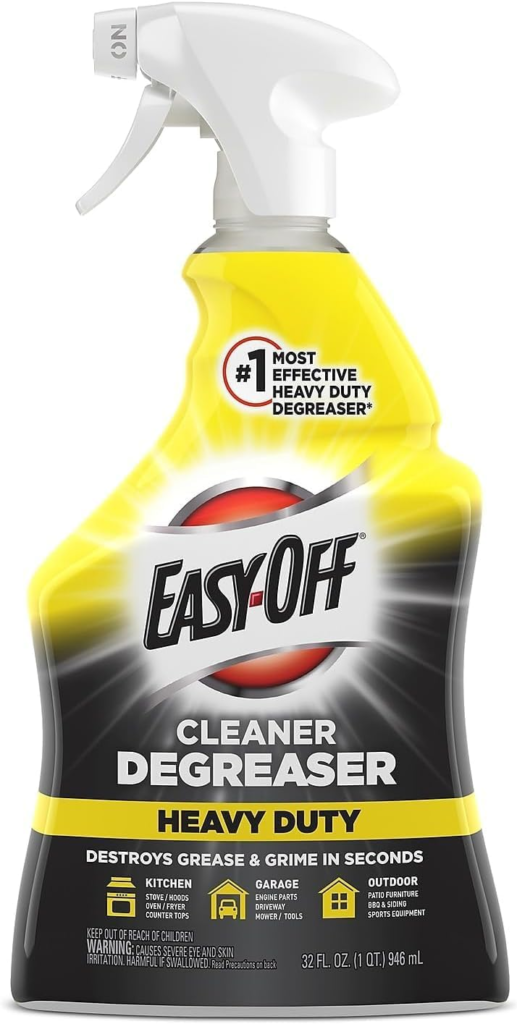
Keeping Your Cleaning Tools Clean: Hygiene and Maintenance
To maintain the effectiveness of your cleaning tools, proper care is essential.
Cleaning and Sanitizing Procedures
Sponges and clothes should be sanitized regularly. According to hygiene experts, placing a damp sponge in the microwave for two minutes can kill bacteria.
The Lifespan of Kitchen Cleaning Tools
Sponges should be replaced every two weeks, microfiber cloths should be used every few months, and scrub brushes should be used when bristles become worn.
Tips for Hygienic Storage
Store cleaning tools in a dry place to minimize bacterial growth. Consider wall-mounted organizers to keep tools off the counter and allow for air circulation.
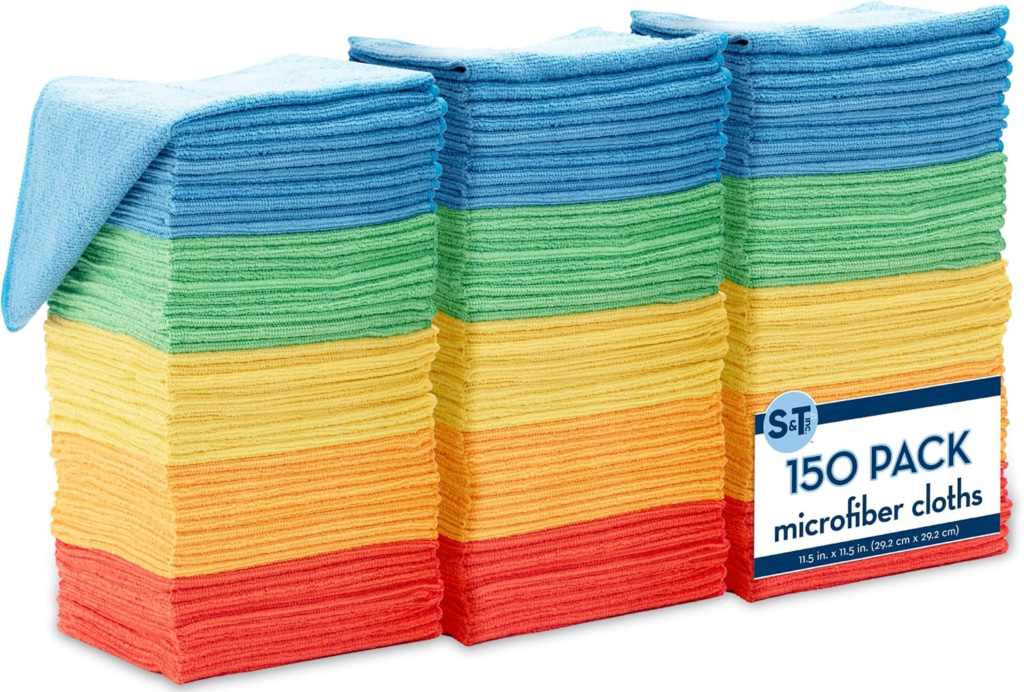
Choosing the Right Tools for Your Kitchen: A Buyer’s Guide
Selecting the right tools can simplify your cleaning routine.
Factors to Consider
- Material: Opt for durable materials that can withstand wear.
- Durability: Higher quality typically means a longer lifespan.
- Cost: Look for tools that offer great value without compromising quality.
Recommendations for Different Kitchen Sizes
Smaller kitchens benefit from multi-purpose tools, while larger kitchens may need specialized items for efficiency.
Where to Shop
Local stores, online marketplaces, and home goods stores often provide a variety of cleaning tools at competitive prices.
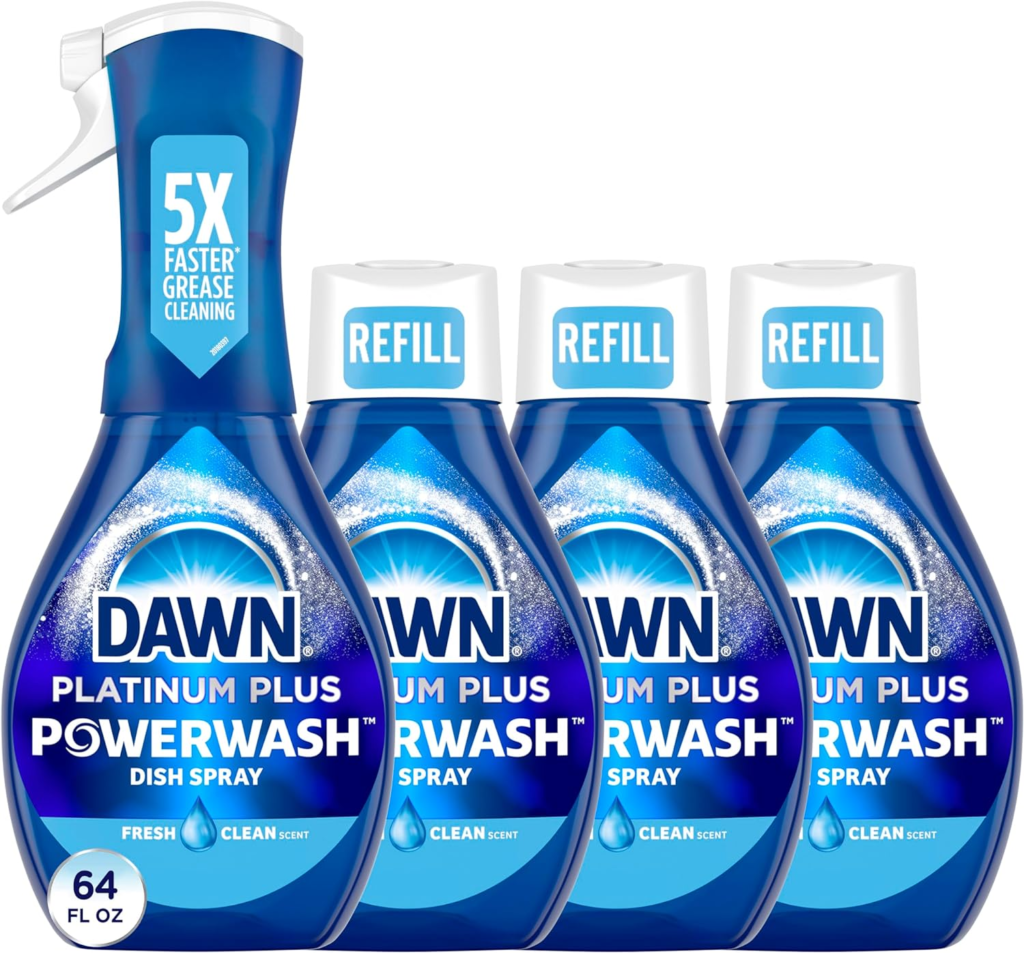
Conclusion: Maintaining a Sparkling Clean and Healthy Kitchen
Keeping a clean kitchen is not just about removing dirt; it’s about creating a healthier home. Key takeaways include investing in quality cleaning tools and maintaining them regularly. By consistently using the right tools and practices, cleaning can become a manageable task rather than a chore.
Invest in your kitchen’s hygiene today—your cooking space deserves it!




